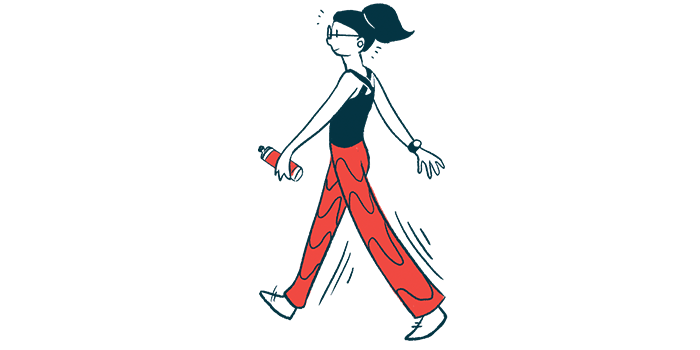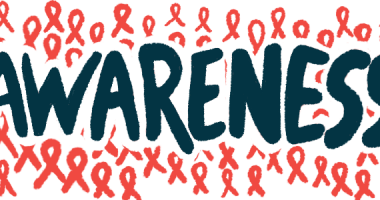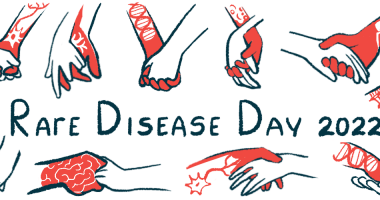Virtual Turkey Trot Seeks to Harvest Hope and Raise Awareness

The Foundation for Prader-Willi Research (FPWR) is presenting Harvesting Hope for PWS, a virtual “turkey trot” distance challenge to raise awareness about Prader-Willi syndrome (PWS), support research, and promote health and exercise.
The nonprofit organization is encouraging supporters of all ages to log up to 100 miles walking, jogging, or running between Oct. 1 and Nov. 25, which is Thanksgiving day in the United States.
Each participant will get a personalized Harvesting Hope certificate. Participants who have PWS will also get a medal keychain. In addition, those who raise at least $250 will receive a Harvesting Hope Grateful Box, which includes a Harvesting Hope sticker, a medal keychain with personal distance inscribed, a FPWR gaiter, and a cooling towel.
Medal categories are: half marathon (13.1 miles), marathon (26.2 miles), ultra (50 miles), and ultimate (100 miles).
Those who wish to participate should register, download an app called Strava for logging, follow the foundation on Strava to be invited to the challenge, and then begin logging their walks, runs, or jogs.
Participants are also asked to create a Facebook fundraiser to support research for the rare genetic disorder, and have the option of joining Harvesting Hope for PWS — A Facebook Virtual Turkey Trot Community.
PWS is estimated to affect one out of every 15,000 births. Current PWS treatment seeks to improve the patient’s quality of life. The most common therapeutic options include nutritional management, sex hormone treatment, growth hormone therapies, treatment for sleep disorders, and behavioral management.
“We know treatments for PWS are possible and with your help, we are advancing research so that our loved ones may lead full and independent lives,” the foundation states.
Exercise is important in PWS, the most common type of genetic obesity, because of the disease’s impact on metabolism. People with Prader-Willi tend to have excessive appetites. A review study found that supervised exercise can improve physical fitness and increase lean body mass, as well as boost bone health in pediatric patients.
The Foundation for Prader-Willi Research, established in 2003, seeks to advance research and treatment development with the goal of finding a cure for the disease.







